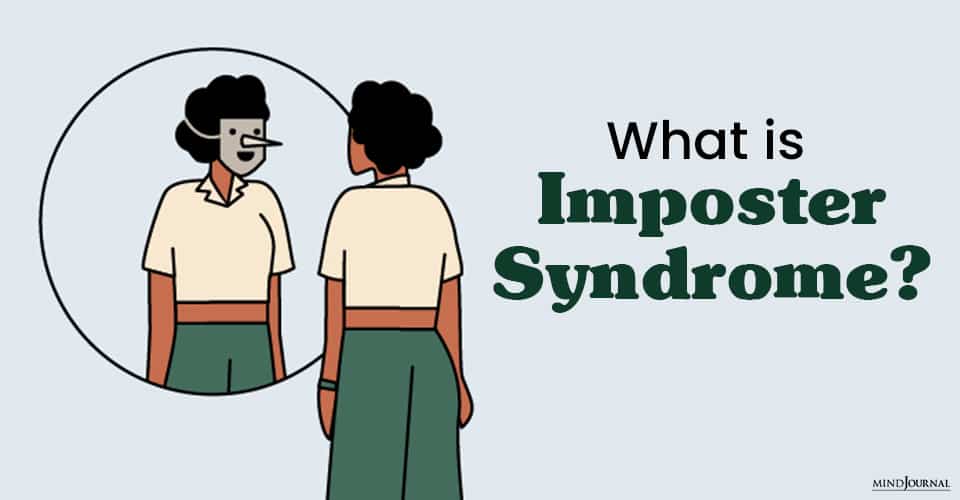You have a deep desire to write a book, but can’t seem to begin.
A tender voice inside beckons for release on the stage, but you can’t configure your outline. Constantly friends and colleagues approach you for life advice, but the title of coach feels inauthentic. Losing those 15-30 “extra” pounds of baby weight stick to you like a security blanket, when you join a gym. Why is it that every time we desire to do something really inspiring, there is a little voice inside that seems to stifle the greatness? They all involve doing something new, but the moment you head down the path, you run into this thing, this fear that you’re bumping up against the limits of your ability. Then, the voice inside your head begins saying things like: “Do you have a license to be a coach?” “Who gave you permission to do that?” “Who said you could write a book and have a famous Author happily provide the Forward.”
Finding ways to increase your value while doing the things you love may be the most important thing you do. Welcome to the world of Personal Development. It’s at the moment when you’re most vulnerable that all your doubts come crashing in around you. I get it, and, you’re not alone. When I first heard that voice in my own head, I was very young and didn’t know what to make of it. The fear was paralyzing. Every time I sat down to write, speak to an audience or sell to a client, I was consumed with worry the world would say, “You’re a fraud.” You may be both shocked and relieved to learn that this feeling has a name.
Impostor syndrome (also known as impostor phenomenon or fraud syndrome) is a term coined in 1978 by clinical psychologists Dr. Pauline R. Clance and Suzanne A. Imes referring to high-achieving individuals marked by an inability to internalize their accomplishments and a persistent fear of being exposed as a “fraud”. (Wikipedia)
They further described it as a feeling of “phoniness in people who believe that they are not intelligent, capable or creative despite evidence of high achievement.” While these people “are highly motivated to achieve,” they also “live in fear of being ‘found out’ or exposed as frauds.” Sound familiar?
As you’ve tried new things or done anything outside of your comfort zone, you’ve probably felt that fear, too.
Finding my art has been a marriage followed by immediate divorce. Any artist will recall details of the internal war in birthing a creation followed by anxiety for validation in something subjective. Creativity, as art, as being true, as living well, as anything, requires tremendous courage not in the creating, rather in the space immediately following where your ego seeks insatiable affirmation.
Everyone loses when bright people play small through needless self doubt. ~Dr. Valerie Young, Author of Imposter Syndrome
American author and poet Maya Angelou shared this: “I have written 11 books, but each time I think, ‘Uh oh, they’re going to find out now. I’ve run a game on everybody, and they’re going to find me out.’ Despite winning three Grammys and being nominated for a Pulitzer Prize and a Tony Award, this huge talent still questioned her success.
Marketing expert, Seth Godin, even after publishing a dozen best sellers, wrote in “The Icarus Deception” that he still feels like a fraud. American presidents, artists, singers and countless actors have repeatedly described the same sensation. Writing a book. Creating a sculpture. Raising a child. Being a coach or embracing a new career. When we have a natural skill or talent, we tend to discount its value. Match this with a natural sense of humility and it moves into the space of paralyzing fear with the assumption that what’s natural, maybe even easy for us, can’t offer any value to the world. But after spending a lot of time fine-tuning our ability, isn’t it sort of the point for our skill to look and feel natural? All of this leads to the final and most important step: learning how to live with the impostor syndrome.
I’ve married a love deep within myself, and when fully expressed, it’s divorced so my art can live as own thing, allowing me to be something – someone -separate from it. Go get married to your art, fully partner with it. Then, divorce the creation right there, leaving it standing alone in the isle as you walk away. (Mic drop. Crowds gasp.) This impostor syndrome will never fully go away, but you can think of it as a classic poser. When you hear that voice in your head, take a deep breath, give a brief pause and with a rocking smile say, “You’re not invited to my tea party.” Now, let’s get to work. ~Robin









Leave a Reply